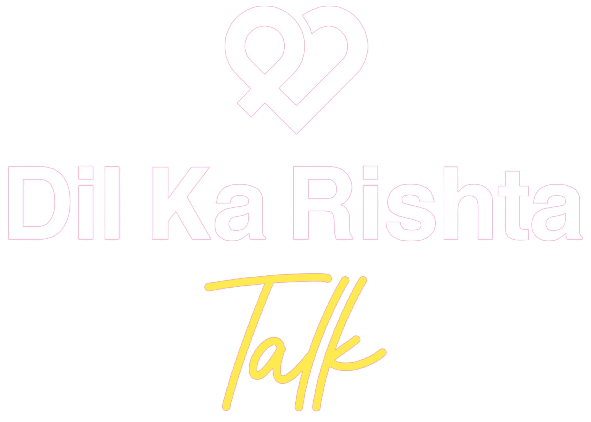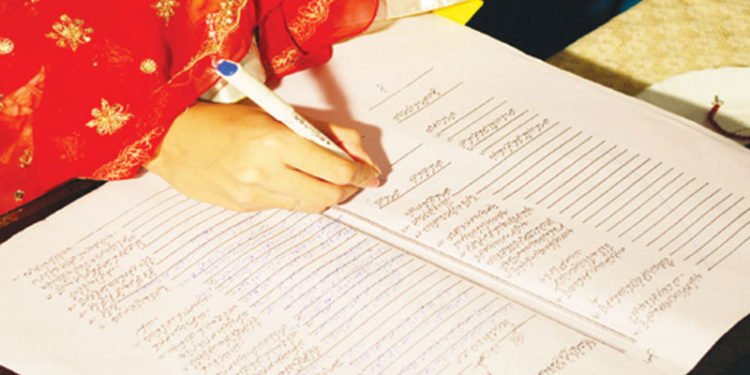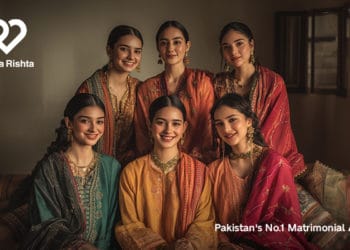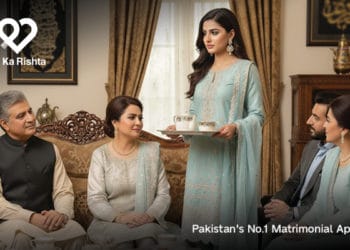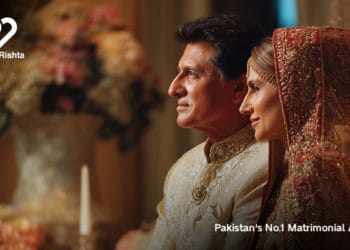In Pakistan, a land steeped in tradition and cultural norms, the concept of remarrying for women carries a significant social stigma. While societal attitudes are slowly evolving, remarrying as a woman can still be a challenging path. Let’s delve into the reasons behind this phenomenon.
Remarriage for Women, a Social Stigma
Pakistan’s social fabric is heavily influenced by patriarchal traditions. Marriage is often seen as a woman’s ultimate destination, and the concept of divorce carries a negative connotation. Remarrying can be interpreted as a failure of the first marriage, reflecting poorly on the woman’s character and her family’s honor.
Economic Dependence:
Traditionally, women in Pakistan are often financially dependent on their husbands or families. Remarriage can raise concerns about her financial security and the well-being of her children from the first marriage. The societal expectation is for a woman to prioritize her children’s needs, potentially hindering her pursuit of remarriage.
The Social Stigma and Scrutiny:
Women who choose to remarry often face intense societal scrutiny and gossip. They may be judged as being less desirable or lacking commitment. This can lead to isolation and emotional hardship.
Challenges for Children:
Remarriage can also pose a challenge for children from the first marriage. They may struggle to accept a new father figure or stepmother, leading to emotional complexities within the family unit.
Winds of Change:
Despite these challenges, there are signs of progress. Urbanization, increased education for women, and economic independence are gradually leading to a shift in societal attitudes. Younger generations are more open to the idea of remarriage, understanding that women deserve happiness and a fulfilling life. Not just that, a number of renowned artists like have openly spoken about their experiences and emotional and societal challenges they faced after their divorce and when they decided to remarry. Some of them are the following:
Kiran Ashfaq
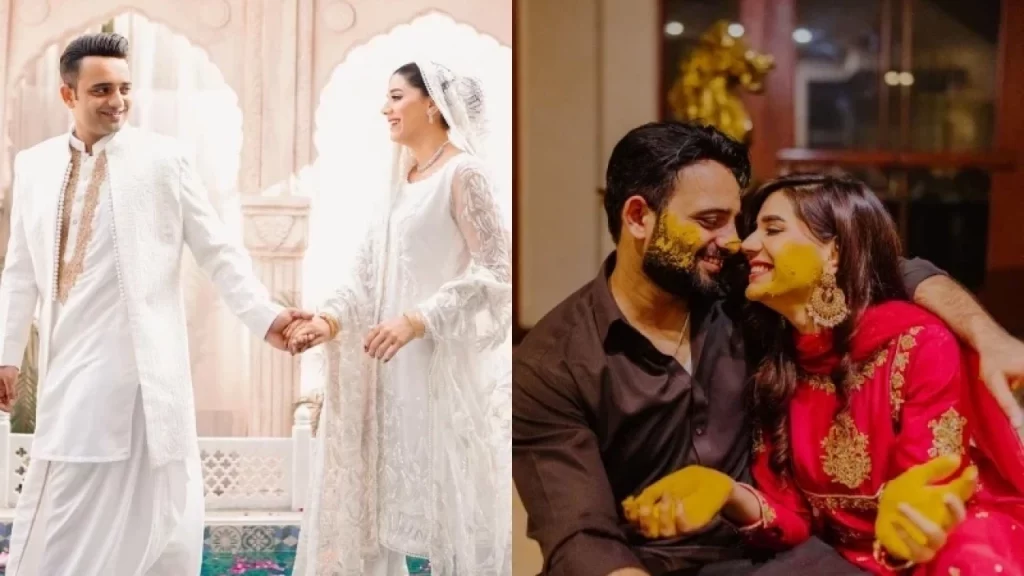
Mahira Khan
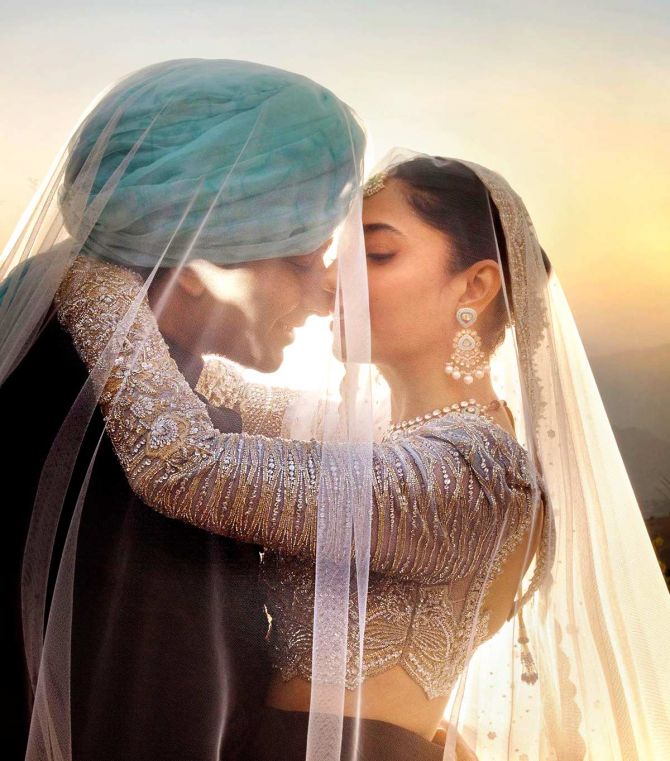
Nadia Khan
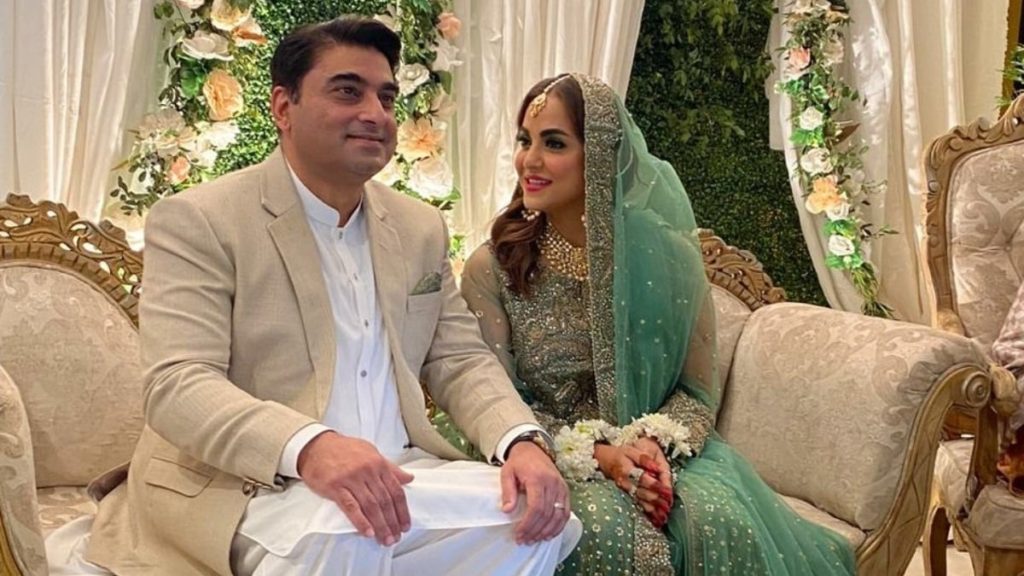
Noor Bukhari
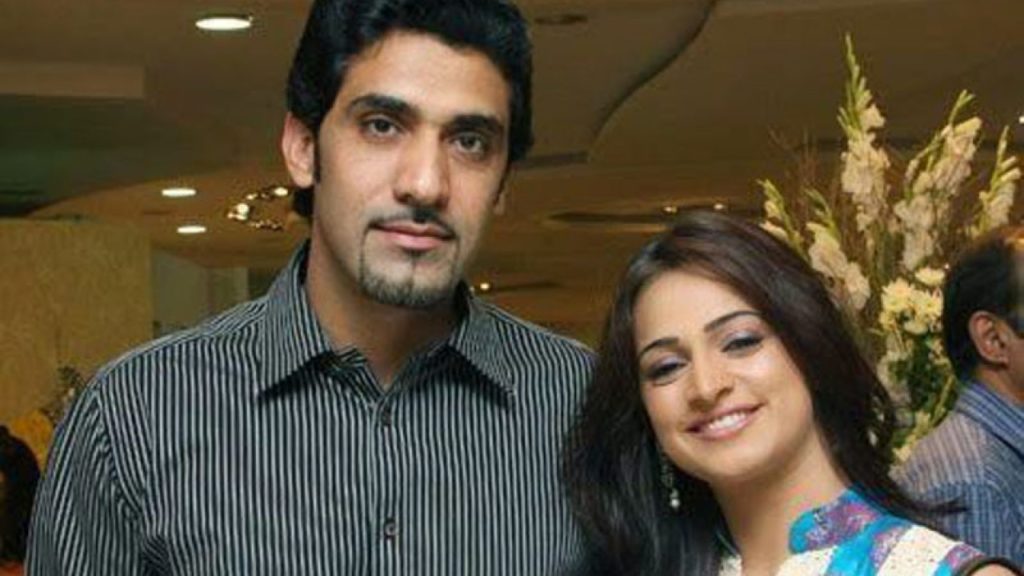
and just recently Bushra Ansari
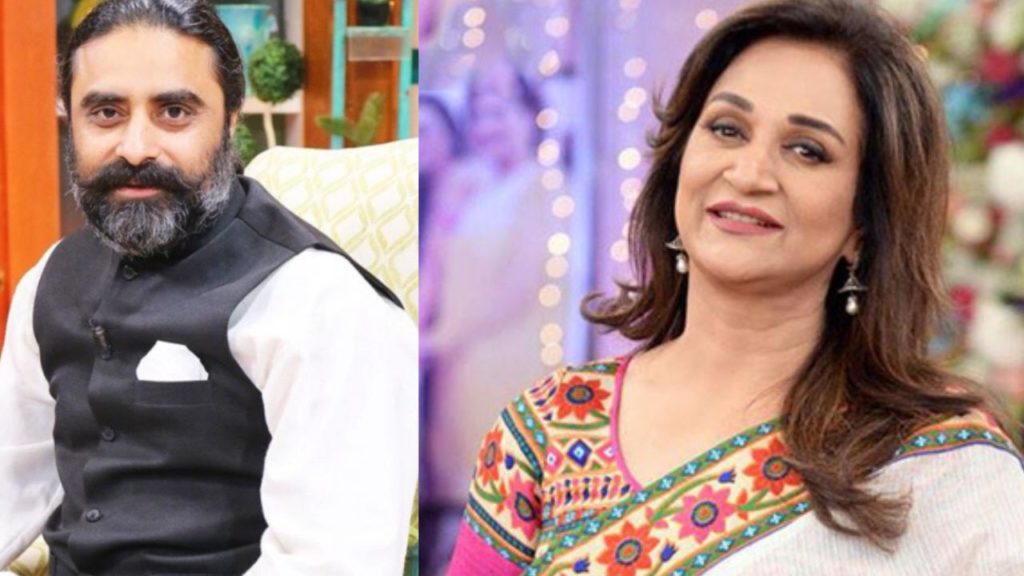
In a YouTube video with her husband, Iqbal Hussain, veteran actress Bushra Ansari addressed the impact of her remarriage on her family and her reasons for keeping both her divorce and second marriage private.
View this post on Instagram
Bushra revealed that she took longer to finalize her divorce than Iqbal. Initially resistant to the idea, she eventually accepted it after a year and a half. She described Iqbal as calm and collected, contrasting her own personality. Despite societal concerns, particularly for women remarrying, Bushra ultimately decided to wed Iqbal with the support of her family and friends, including actor Behroz Sabzwari.
The Road Ahead:
While the path to social acceptance remains long, there are steps that can be taken:
- Open Dialogue: Promoting open conversations about remarriage and its complexities can help break down stereotypes.
- Economic Empowerment: Encouraging women’s financial independence allows them to make choices about their future without societal pressure.
- Shifting the Narrative: Reframing remarriage as a positive step towards happiness and a new beginning can challenge traditional perspectives.
Remarriage for women in Pakistan remains a complex issue. However, with changing times and a growing awareness of women’s rights, there is hope for a future where societal acceptance replaces stigma, allowing women to find happiness and fulfillment on their own terms.

